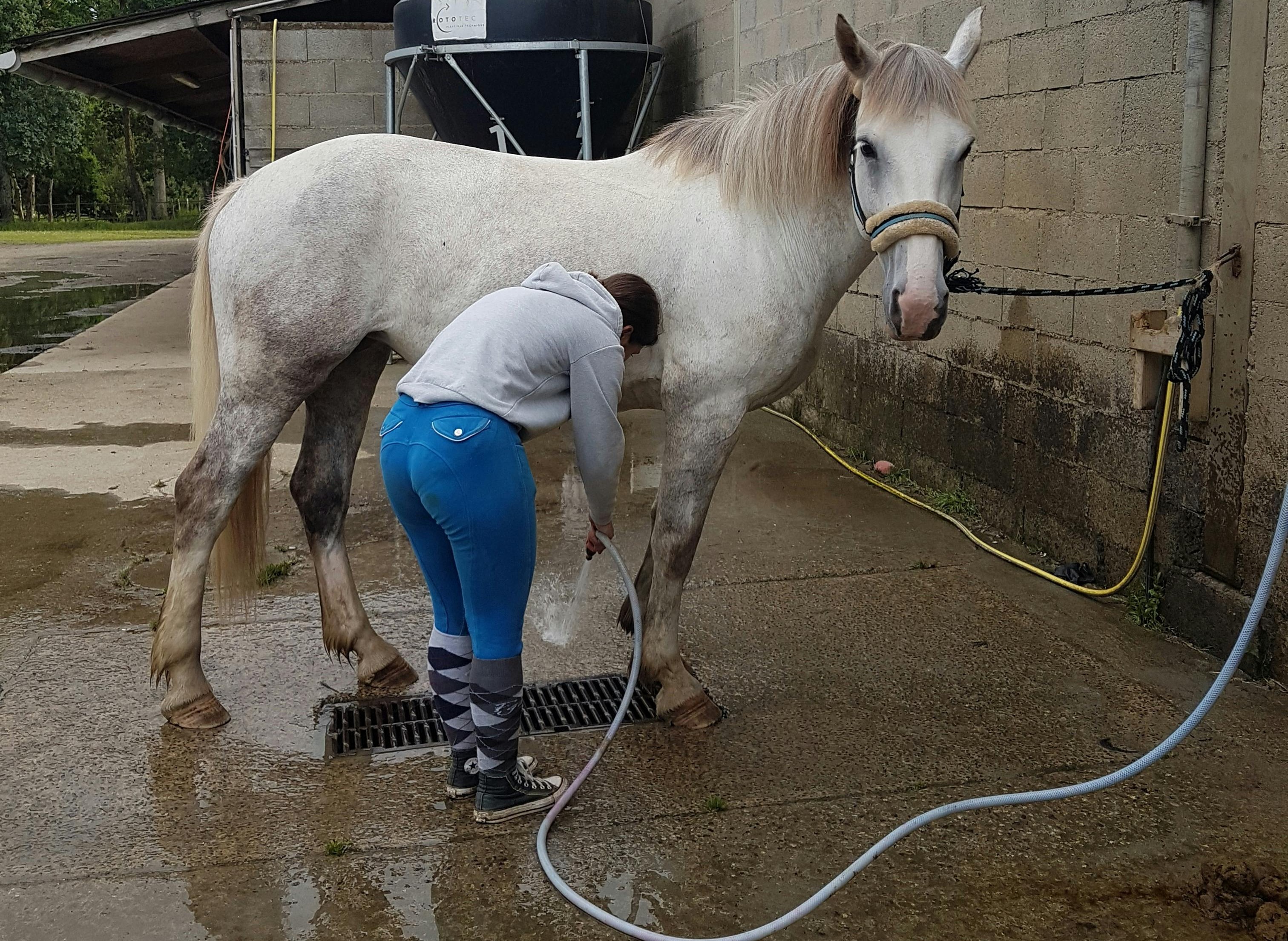


For farm owners and agricultural professionals, keeping facilities clean, safe, and durable is essential to daily operations. While most farms already have concrete in place, enhancing those surfaces with the right treatments or coatings can dramatically improve functionality, longevity, and appearance.
At CustomCrete, we’ve supported agricultural operations across the greater Chicago area by applying high-performance concrete coatings tailored to rural environments. If you're exploring the best concrete application for your farm, this guide focuses on upgrading existing concrete using coatings like epoxy, sealers, or polished finishes that enhance your infrastructure without needing a full replacement.
Agricultural concrete surfaces endure a lot—from livestock and equipment to moisture, waste, and harsh cleaning agents. Applying a coating or treatment helps protect these surfaces and adds value in several ways:
Epoxy coatings are a durable, hygienic solution for agricultural environments like barns, dairy parlors, poultry houses, and hog facilities. This high-performance coating creates a seamless, non-porous surface that resists moisture, waste, and chemical exposure.
Why it works: Epoxy floors are easy to sanitize and stand up to the daily demands of livestock operations. They can be customized with non-slip textures for safer footing in areas prone to wetness, helping reduce the risk of slips and falls while supporting a cleaner, more efficient environment.
Urethane cement is a heavy-duty flooring system built to withstand the demanding conditions of milking parlors, food storage, and preparation zones. It combines chemical resistance with thermal stability, making it ideal for areas requiring rigorous sanitation and temperature control.
Why it works: Urethane cement offers a seamless, non-porous finish that resists bacteria, moisture, and harsh cleaning agents. It performs exceptionally well in wet, high-traffic areas and can tolerate thermal shock—making it a smart choice where hot washdowns or refrigeration are routine.
For areas where machinery is repaired or maintained, epoxy flooring offers a strong, chemical-resistant surface that holds up against oil, grease, and abrasion.
Why it works: Epoxy coatings provide a seamless, durable barrier that protects the concrete and simplifies cleanup after maintenance tasks. They’re available in a range of finishes, including textured options for better traction.
If your concrete floors are prone to moisture intrusion, applying a moisture vapor barrier (MVB) before coating with epoxy helps prevent delamination and bacterial growth—particularly important in processing rooms or washdown zones.
Why it works: MVB systems prevent water from migrating up through the slab, protecting sensitive coatings and preserving indoor air quality.
Whether it’s the main aisle of a barn or a feed mixing station, traction is essential in areas with constant foot or equipment traffic.
Why it works: Slip-resistant coatings—such as flake epoxy or textured sealers—offer added grip to reduce slips and falls, even when floors are wet or soiled.
Rather than pouring new concrete, most farms can get more value from their existing slabs by applying the right surface treatment. Benefits include:
To choose the best concrete application, consider:
A qualified contractor can evaluate your space and recommend the right coating based on your use case and performance needs.
Concrete is already a foundation of most farms—but by adding the right coatings or treatments, you can get even more out of your surfaces. Whether you’re sealing a livestock barn, polishing a milking parlor, or coating a workshop, the right concrete application improves durability, cleanliness, and safety across your operation.
Need help choosing the right treatment for your farm? Contact CustomCrete and request a quote today.
